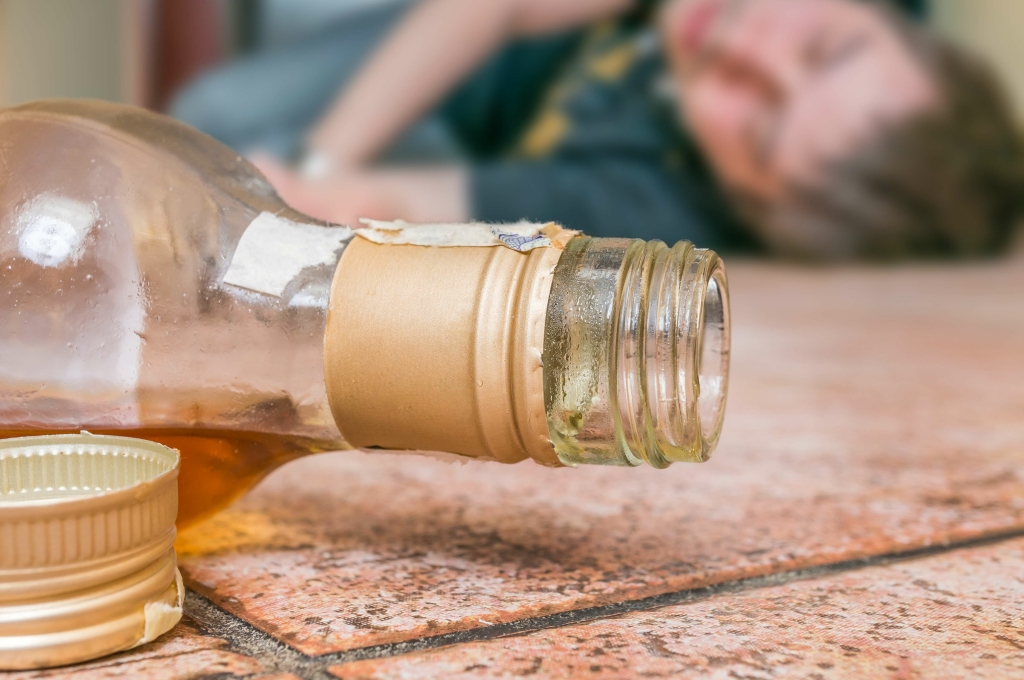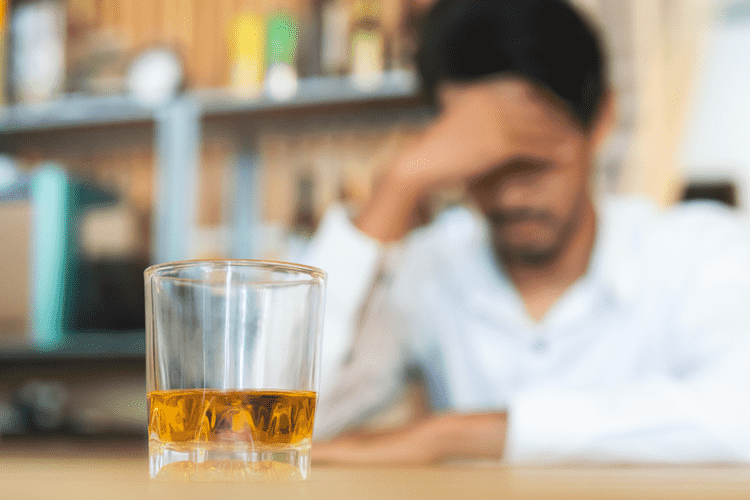They will be able to help you uncover the underlying causes of your drinking issues and properly diagnose any co-occurring mental health conditions that you may be suffering from. Licensed medical professionals review material we publish on our site. The material is not a substitute for qualified medical diagnoses, treatment, or advice. It should not be used to replace the suggestions of your personal physician or other health care professionals.
– Get medical assistance if you experience anything beyond mild withdrawal symptoms.
Relapse is a very normal part of the recovery process, and a majority of those in recovery will relapse at some point. Surrounding yourself with other people who are sober will dramatically improve your chances of staying away from https://allnewstoday365.com/ecilined-brain.html alcohol. A therapist can help you understand your triggers and develop healthy coping skills for dealing with them. Soon, they will become second nature and your triggers will not have as much of an effect on you. All your goals should follow SMART rules; they should be specific, measurable, achievable, realistic, and time bound.
Memorial Day Dangers: High Alert for Underage Drinking and Drug Abuse

If you start noticing these symptoms, contact a medical professional immediately. However, if you don’t taper properly, you may experience withdrawal symptoms, especially if you have severe alcoholism. Weaning yourself off alcohol can be a difficult process, but it’s worth it in the end. Remember, you’re not alone in this journey, and there are many resources available to help you along the way.
Benefits of Weaning off Alcohol
If you do relapse, talk to your therapist or addiction treatment specialist who can help you quickly get back on track and prevent it from happening again. In fact, a relapse can be a valuable learning experience that helps you avoid slipping in the future. A relapse can serve as an opportunity for you to refocus on your larger goals, practice self-forgiveness, and find ways to stay motivated. These are offered to patients with moderate to severe Alcohol Use Disorder, having the goal of reducing alcohol comsumption and achieving abstinence.
- While it is possible for some to wean off alcohol at home, it is highly inadvisable to do so without first consulting with medical and addiction treatment professionals.
- Medication-assisted treatment (MAT) involves the use of medications to help individuals quit alcohol and manage withdrawal symptoms.
- Weaning yourself off alcohol can be a difficult process, but it’s worth it in the end.
- For this reason, even at-home tapers should be done under a doctor’s care.
Factors such as pattern of alcohol use, other medical conditions, genetics and how your body responds to alcohol can play a role in withdrawal symptoms. As many as 71% of people who go through alcohol detox experience symptoms of alcohol withdrawal. Before embarking on the journey to quit drinking alcohol, it is essential to acknowledge the need for change and understand the impact of alcohol addiction. Choosing to taper off alcohol is an admirable decision and a step in the right direction. As with many self-detox methods, the risks and rewards go hand in hand when attempting to overcome an alcohol substance use disorder. But, with a little prior knowledge on how to taper off alcohol, adequate planning and professional consultation from a healthcare provider, it can certainly be done.
Tapering is the act of gradually reducing alcohol use until completely http://srrccs.ru/warez/26275-forbidden-shakers-tech-2013.html abstinent. By creating a schedule to monitor your alcohol use you can see just how much of the substance you are drinking. When an individual has developed a substance use disorder or dependence on alcohol, stopping its use outright can seem virtually impossible. On top of this, quitting immediately — or “cold turkey” as many users and professionals call it — can be dangerous. Withdrawal symptoms are generally uncomfortable to deal with, but they can be fatal.

Is tapering off alcohol safe and effective?
Tapering can help minimize these symptoms, but you might still experience some of them while your body adjusts to the lack of alcohol. A doctor can supervise your tapering progress, helping you manage your cravings and prevent relapse. Overall, getting professional help can improve your chances for long-term sobriety. A substitution taper refers to switching strong liquor for an alternative that contains less alcohol, like beer. Once you’ve changed to a less alcoholic option, you can gradually reduce your drink amount.

Prefer Topiramate or Gabapentin if patients are intolerant to or have not responded to Naltrexone and Acamprosate. As such, there is only limited guidance available about the best ways to taper. Alcohol can stay in your system for several hours depending on how much you drink.
Gradual Reduction for a Safer Transition
You can master the necessary life skills to maintain your sober lifestyle through treatment. This means that there is little data about the best way to taper your drinking. However, some groups have published tapering examples to assist those trying to https://www.cool-ticket.info/CubaGuide/cooked-photos quit drinking. Weaning off alcohol can not only dramatically improve the quality of your life, but it can also actually save it. If you are looking to reduce your alcohol consumption safely, contact Legacy Healing. Weaning off alcohol is considerably safer and more effective than going cold turkey.
